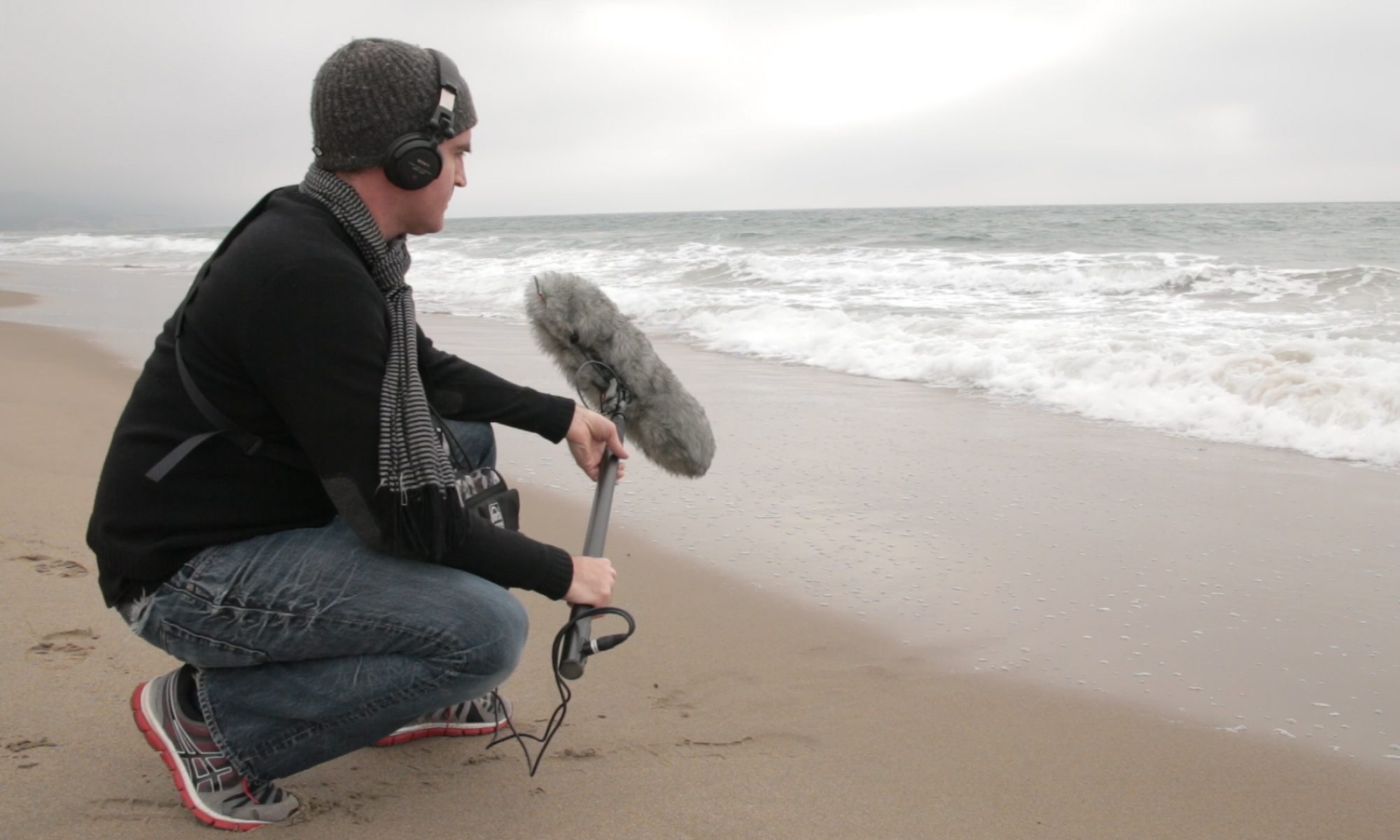I’ve been thinking a lot lately about the difficulty of keeping up with the latest technology in my classes. In my field, Music Technology, there’s an interesting split between foundation courses and electives. The foundation courses typically deal with basic concepts in audio engineering, as well as the fundamentals of using a digital audio workstation. In the case of the former, the basic concepts haven’t changed much in decades; the signal path from microphone to pre-amp to recorder was more or less perfected by the Germans during World War II. In the case of the latter, I’ve been working with our primary software platform (Avid’s Pro Tools) since the 1990s. These are subjects in which I possess a wealth of both academic knowledge and professional experience; both can be leveraged when developing, maintaining, and delivering courses. So far so good, right?
The core courses do remain relevant and will for the foreseeable future. (I guess that’s what makes them “core.”) But the core courses don’t reflect the current direction of the department or our industry. In this case, the most logical direction is audio for video games and other interactive media. (I’ll get into the employment statistics supporting that case in a future post…) I’ve written a group of new courses that push us in that direction. But, due to the lengthy process of updating degree and certificate requirements, all of these new courses are currently electives.
So the problem here is two-fold: first, game audio is a relatively new field, so not many comprehensive textbooks exist; second, the industry changes so rapidly that the relevant hardware and software is constantly in flux. As a result, I not only need to write my own curriculum for each of these courses, but I’m aiming at a moving target as far as which technologies to explore. Sure, there are core concepts that remain constant just as they do in any field. But in this field even the core concepts must be taught on recent technology; the way the industry moves, a computer/operating system/software configuration from as little as two years ago can be hopelessly obsolete! And that’s not even taking into account the type of computer, console, or handheld device that the consumer will use to play the resulting game.
The most challenging aspect of this situation is that I can no longer expect that I will be an absolute expert on the subject matter at hand. (A very uncomfortable position for someone who has always had subject matter expertise as a reliable crutch upon which to prop courses.) For example, I’m currently teaching a brand new course on advanced game sound design that uses a software application called FMOD Studio (see post below). But I didn’t truly begin learning the software until last month! (The application itself is only about a year old…) For the first time in my professional career, I find myself hoping that no one deviates too far from the lecture agenda and uncovers my ruse! Just kidding. Mostly.
But it’s actually working out beautifully. I’ve found that an essential aspect of teaching college students, which I’ve had the good fortune to do for the last several years, is letting go of the ego that you acquired through working successfully in the private sector. And now I’m going a step further and letting go of my need to know everything about a subject (or a piece of software) before I feel confident in my ability to teach it to students. I’m incredibly excited to teach this new material because its new and fresh to me. (Perhaps it’s the adrenaline?) And students are definitely picking up on that and getting excited, too. Perhaps exploring a subject together with my students is the only realistic way to maintain the kind of agility that developing relevant courses requires.
